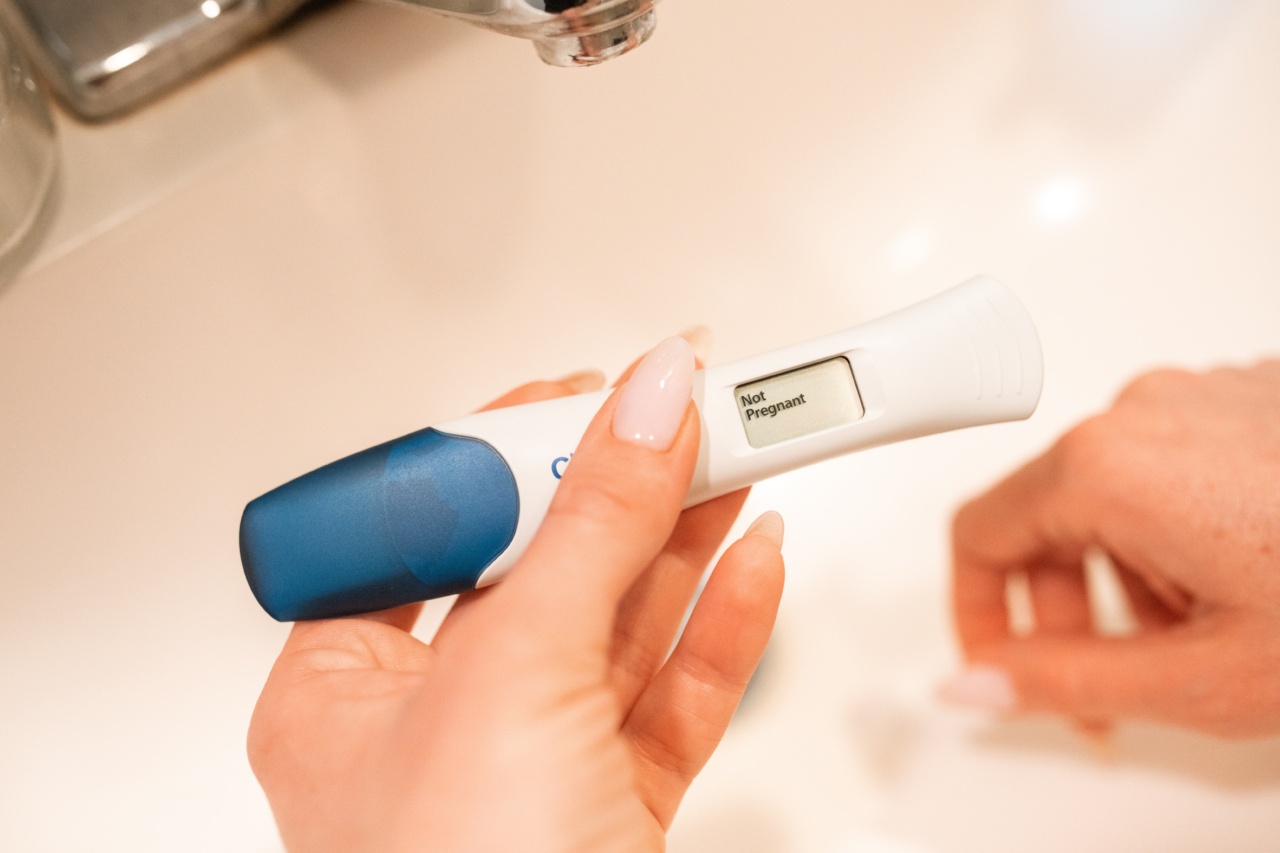High blood pressure, also known as hypertension, is a condition that affects millions of people worldwide. However, it can be particularly dangerous for pregnant women, both for the mother and the baby.
According to the American Heart Association, high blood pressure is the most common medical problem that complicates pregnancy and can lead to serious complications for the mother and the baby.
Types of High Blood Pressure During Pregnancy
There are two types of high blood pressure that can affect pregnant women:.
Gestational Hypertension
Gestational hypertension is a type of high blood pressure that occurs after 20 weeks of pregnancy. Women with gestational hypertension will have high blood pressure when they are pregnant, but it returns to normal after they give birth.
Gestational hypertension is usually mild, and it does not usually cause any symptoms.
Preeclampsia
Preeclampsia is a more severe form of high blood pressure that occurs after 20 weeks of pregnancy. Preeclampsia can cause damage to organs, including the liver, kidneys, and brain.
If left untreated, it can lead to serious complications, including stillbirth and death.
Causes of High Blood Pressure During Pregnancy
There is no known cause of high blood pressure during pregnancy. However, there are several factors that can increase the risk of developing this condition, including:.
- Obesity
- Diabetes
- Past history of high blood pressure
- Family history of high blood pressure
- Multiples pregnancy (twins or more)
Symptoms of High Blood Pressure During Pregnancy
Some of the symptoms of high blood pressure during pregnancy include:.
- Headache
- Blurry vision
- Swelling of the hands and face
- Abdominal pain
- Nausea
However, some women with high blood pressure during pregnancy may not have any symptoms. Thus, regular prenatal checkups are necessary to monitor blood pressure and address any issues immediately.
Risks of High Blood Pressure During Pregnancy
High blood pressure during pregnancy can lead to several complications, including:.
For the mother
- Stroke
- Kidney damage
- Heart disease
- Preeclampsia
- Placental abruption (separation of the placenta from the uterus)
- Preterm birth
For the baby
- Low birth weight
- Stillbirth
- Preterm birth
- Respiratory distress syndrome (difficulty breathing)
- Blood flow problems, such as reduced oxygen and nutrient supply and risk of brain damage
Prevention and Management of High Blood Pressure During Pregnancy
Preventing and managing high blood pressure during pregnancy is critical to ensure optimal health for both the mother and the baby. Some tips to prevent and manage high blood pressure during pregnancy include:.
- Regular prenatal checkups with blood pressure measurements
- Maintain a healthy diet and weight before, during, and after pregnancy
- Stay active and exercise regularly, if possible
- Avoid smoking and alcohol consumption
- Take medications for hypertension as directed by a healthcare provider
- Reduce stress and prioritize quality sleep
- Monitor for any signs of pre-eclampsia, including high blood pressure, headaches, and swelling
When to Seek Medical Help
It is essential to seek medical help immediately if pregnant women with hypertension experience these signs and symptoms:.
- Severe headache that does not go away
- Vision changes such as blurred vision, double vision, or spots
- Abdominal pain, especially in the upper right part of the abdomen
- Chest pain
- Breathing difficulty
If there is any sign of preeclampsia or other complications, the healthcare provider may prescribe medications to lower blood pressure and manage other symptoms.
The health care provider may also recommend early delivery in severe cases of hypertension to protect the mother’s and the baby’s health.
Conclusion
High blood pressure during pregnancy is a severe medical concern that can put both mother and baby at risk. Therefore, pregnant women should take steps to prevent and manage hypertension by following a healthy lifestyle and regular prenatal checkups.
Any symptoms of hypertension should be monitored and reported to the healthcare provider immediately to prevent severe complications. With proper management, hypertension during pregnancy can be controlled and reduce the risk of complications for the mother and the baby.





























